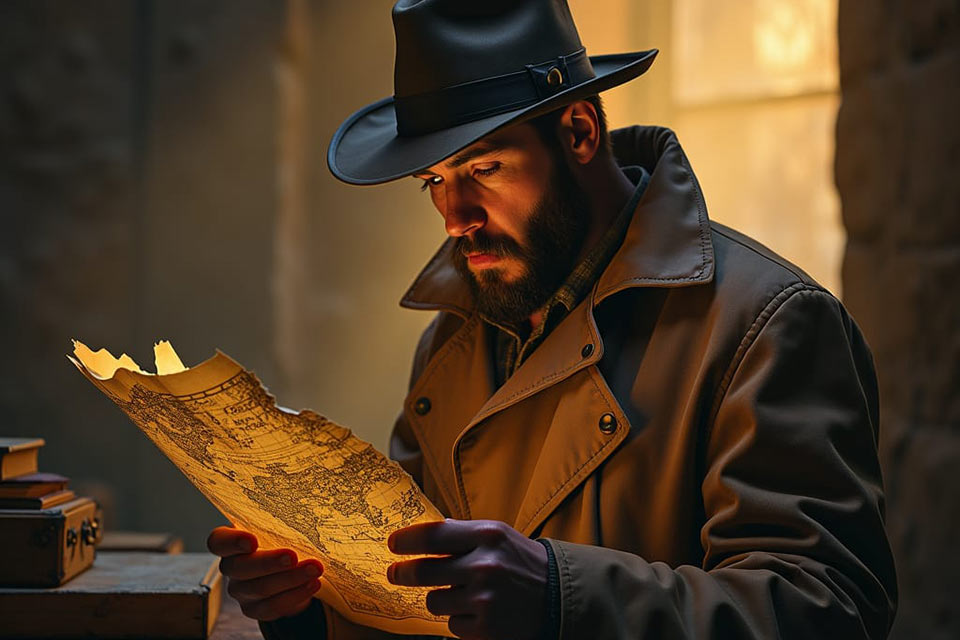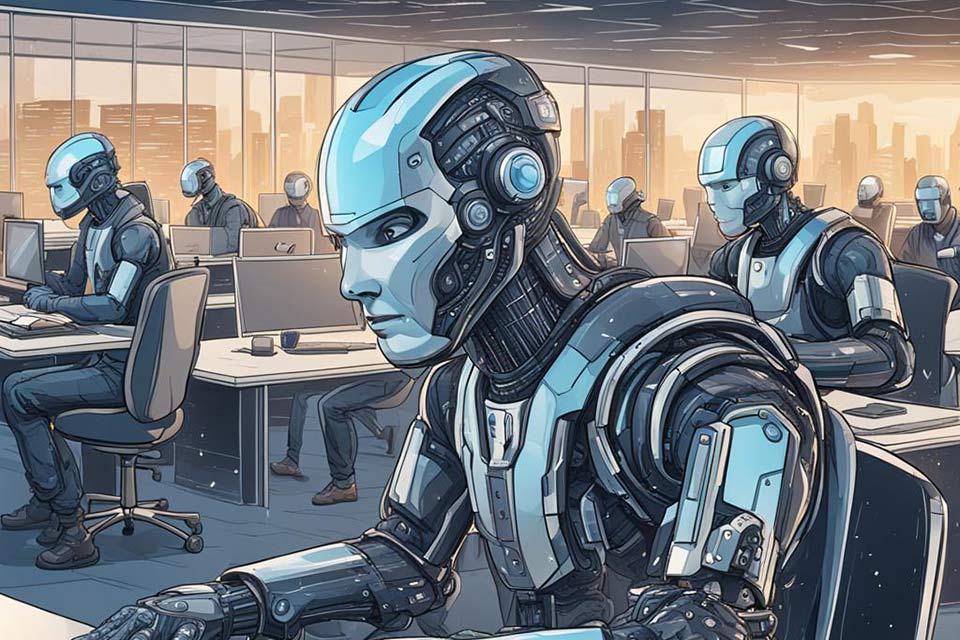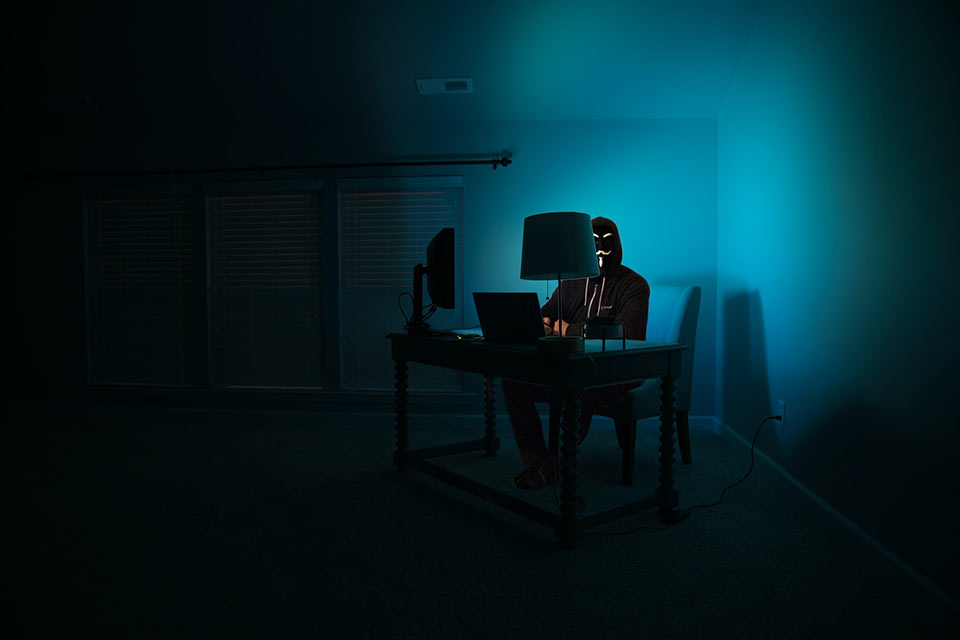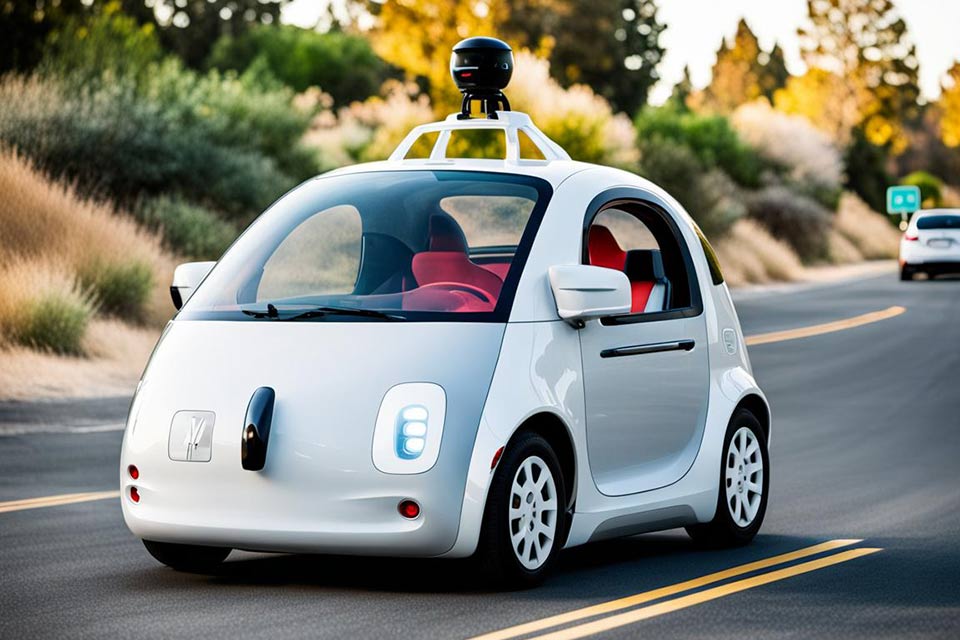
The Ancient Quest for Directions
Picture this: cavemen huddled around a stone tablet, trying to decipher a crude drawing of a mammoth hunting ground. "Go left at the big rock, then right at the slightly smaller rock shaped like your Uncle Ugg," they might have muttered. No GPS? No problem. Just follow the trail of half-eaten berries and hope for the best.
Medieval Masterpieces
Fast forward a few millennia to the Middle Ages, where maps were less about accuracy and more about artistic flair. Imagine wandering into a tavern, only to find the local bard singing tales of knights lost in enchanted forests, guided by maps that looked suspiciously like they were drawn by a drunken scribe. "Turn ye left where the dragon doth breathe fire, then cross ye river of ale," they'd croon, as patrons nodded knowingly over their tankards.
The Age of Exploration
Then came the Age of Exploration, when brave souls sailed off the edge of the known world armed with maps that were as reliable as a politician's promises. "Fear not, lads! According to this parchment, there be dragons and mermaids just beyond that horizon," exclaimed Captain Erraticus, as his crew nervously eyed the compass spinning like a dervish and prayed they'd stumble upon a Starbucks instead.
Modern Marvels
Today, we have GPS and satellite imagery, guiding us with pinpoint accuracy to destinations we didn't even know we needed to visit. Yet, even in our age of digital cartography, the map remains a whimsical companion, capable of turning a straightforward road trip into an unexpected journey through the Twilight Zone. "In 500 feet, turn right into a parallel universe where streets have no names and squirrels drive minivans," chirps the GPS, leaving you questioning your sanity and the structural integrity of your vehicle.
Conclusion: Here Be Laughter
In the end, whether you're deciphering ancient runes or arguing with Siri over the quickest route to Grandma's house, maps are more than just tools—they're stories waiting to be told. So, next time you find yourself lost in the labyrinth of lines, remember: it's not about the destination, it's about the absurdity of the journey. And maybe, just maybe, the real treasure was the wrong turns we made along the way.










